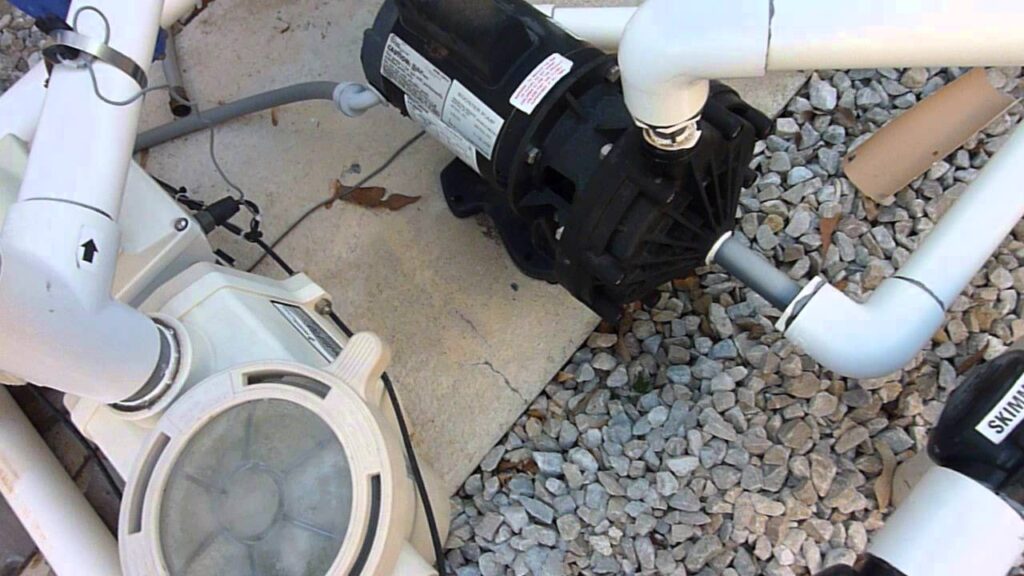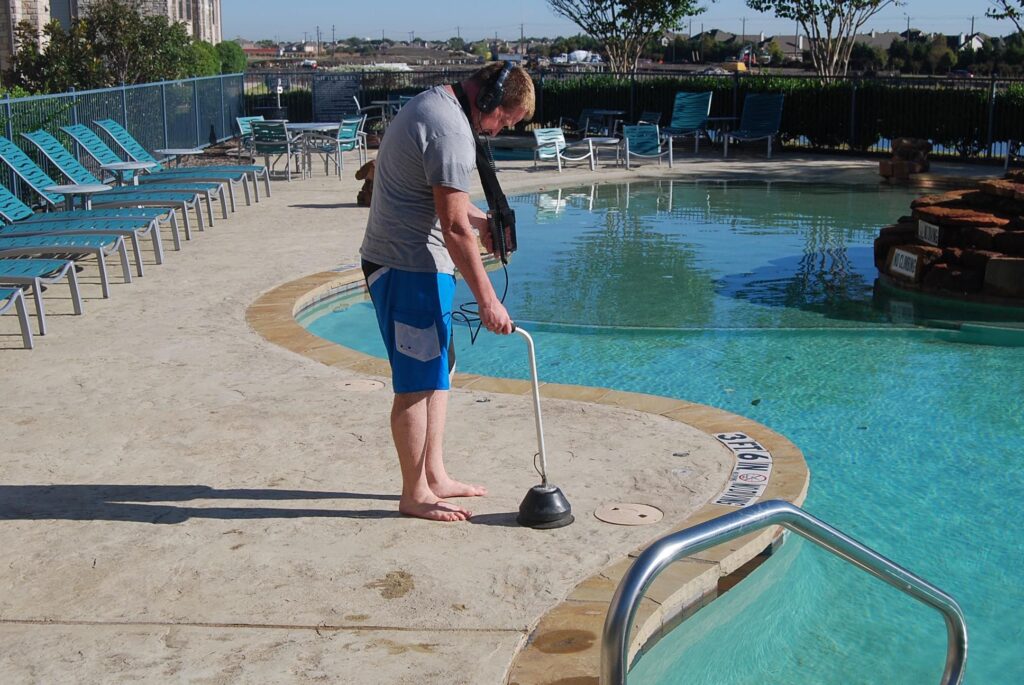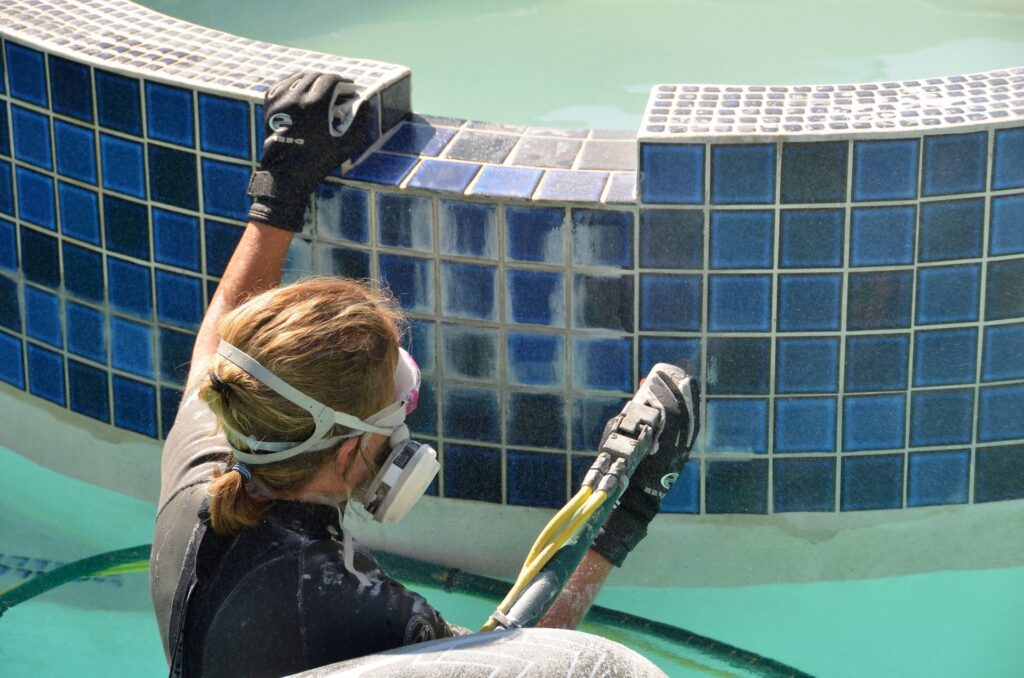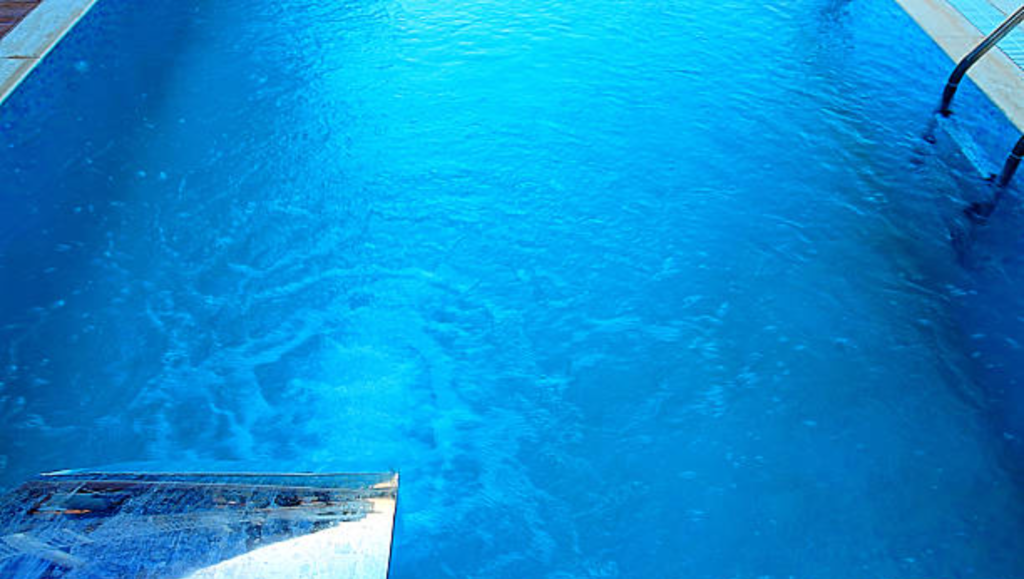Owning a pool is one of the greatest joys of being a homeowner, especially in warm climates where swimming isn’t just a luxury but a way of life. However, with that enjoyment comes responsibility. One of the most common issues pool owners face is pool pump leaks, which can quickly turn from a small annoyance into a costly problem if not addressed promptly.
At Leak Experts USA, we’ve helped countless homeowners protect their pools from unnecessary damage caused by leaks. With years of experience in plumbing and leak detection, our team understands just how disruptive pool equipment failures can be—especially when it comes to your pump system.
In this comprehensive guide, we’ll explore why pool pumps are prone to leaks, how to spot them, what causes them, and—most importantly—how to maintain your pool system so you can enjoy it worry-free.
📞 Have a question about your pool pump? Call us today at (702) 745-5571 to speak with a certified plumbing and leak detection specialist.
Table of Contents
- Why Pool Pumps Matter in Your Pool System
- The Most Common Signs of Pool Pump Leaks
- Why Pool Pumps Are Prone to Leaks
- Causes of Pool Equipment Leaks You Shouldn’t Ignore
- The Cost of Ignoring Pump Water Leaks
- How to Maintain Your Pool Pump and Prevent Leaks
- DIY vs. Professional Repairs: What Homeowners Should Know
- Seasonal Pool Pump Maintenance Tips
- How to Choose the Right Pool Pump for Your Home
- When to Call a Professional for Pool Maintenance Leaks
- How Leak Experts USA Helps Homeowners
- FAQs About Pool Pump Leaks
- Final Thoughts
Why Pool Pumps Matter in Your Pool System
Your pool pump is the heart of your pool’s circulation system. It draws water from the pool, pushes it through the filter, and then returns it clean and clear. Without a properly functioning pump, your pool water quickly becomes cloudy, unhealthy, and unsafe for swimming.
Because of its constant workload, the pump endures a lot of wear and tear. From seals and gaskets to motor bearings, each component works hard to keep your pool running smoothly. That’s why pool pump leaks are not just inconvenient—they’re a signal that your pool’s entire circulation system could be at risk.

The Most Common Signs of Pool Pump Leaks
Not all leaks are obvious. Some start small, with just a slow drip, while others make themselves known through loud noises or visible puddles. Here are the most common warning signs to look for:
- Visible water puddles forming under or near the pump.
- Air bubbles in your pool return jets, indicating that air is getting sucked into the system.
- Reduced water pressure or weaker water flow from the return lines.
- Unusual noises, such as grinding or whining, coming from the pump motor.
- Water level dropping in your pool faster than normal evaporation rates.
If you notice any of these symptoms, your pump may already have a leak. That’s when calling a trusted plumbing professional like our company can save you time, money, and stress.
Why Pool Pumps Are Prone to Leaks
There are several reasons why pool pump leaks are so common:
- Constant Operation – Unlike many household appliances, pool pumps run for hours every day, especially during summer months. Continuous use naturally increases the chance of wear and tear.
- Exposure to the Elements – Pool pumps are often located outdoors, exposed to heat, rain, and shifting ground conditions that contribute to seal failures and cracks.
- High Water Pressure – Pumps handle large volumes of water under pressure. Even a minor weakness in a gasket or O-ring can quickly lead to pump water leaks.
- Hard Water Conditions – In areas like Las Vegas, hard water buildup accelerates the deterioration of seals and pipes, increasing the risk of leaks.
Because of these factors, pool pumps require regular inspections and proactive maintenance to stay leak-free.
Causes of Pool Equipment Leaks You Shouldn’t Ignore
When it comes to pool equipment leaks, several culprits could be at play:
✅ Worn-Out Shaft Seals
The shaft seal prevents water from leaking where the motor shaft enters the pump housing. Over time, chlorine, heat, and debris cause this seal to deteriorate.
✅ Cracked Pump Housing
Freezing temperatures (rare but possible), high pressure, or poor installation can crack the pump housing, leading to visible leaking pool pump issues.
✅ Faulty O-Rings or Gaskets
Rubber components like O-rings and gaskets dry out, flatten, or become brittle, making them unable to form watertight seals.
✅ Loose or Damaged Fittings
Connections between pipes and pumps can loosen due to vibration or shifting ground, creating slow drips that worsen over time.
✅ Motor Problems
Excessive vibration or overheating in the pump motor can cause alignment issues, leading to pool maintenance leaks near seals and fittings.
Each of these causes requires careful inspection. Attempting a DIY fix without experience often worsens the problem, which is why professional intervention is so important.

The Cost of Ignoring Pump Water Leaks
It might be tempting to overlook a small drip, but doing so could cost you much more in the long run. Ignoring pump water leaks leads to:
- Higher water bills, as your pool requires constant refilling.
- Increased energy costs, since your pump must work harder to circulate water.
- Water damage to surrounding landscaping or pool equipment pads.
- Shortened pump lifespan, resulting in premature replacements.
- Health risks, because untreated leaks can compromise water circulation, making your pool unsafe to swim in.
What starts as a small inconvenience can turn into thousands of dollars in repairs or replacements. That’s why catching leaks early is essential.
How to Maintain Your Pool Pump and Prevent Leaks
Good maintenance practices are the best defense against pool pump leaks. Here are some expert-approved tips from our team:
✔ Regular Inspections
Check your pump weekly for signs of water pooling, unusual noises, or air bubbles in the system.
✔ Clean Debris Regularly
Leaves, dirt, and other debris clog filters and strain the pump, leading to unnecessary wear. Keep the pump basket clean to ensure smooth operation.
✔ Lubricate O-Rings
Apply a silicone-based lubricant to O-rings and gaskets every few months to keep them flexible and watertight.
✔ Monitor Water Chemistry
Unbalanced pool water corrodes pump seals and metal components. Keep chlorine, pH, and calcium hardness levels within recommended ranges.
✔ Schedule Professional Check-Ups
Annual or bi-annual inspections by a plumbing expert can help detect issues before they turn into major pool equipment leaks.
Prevention always costs less than repair, making regular maintenance an investment worth prioritizing.

DIY vs. Professional Repairs: What Homeowners Should Know
When faced with pool pump leaks, many homeowners are tempted to try quick DIY fixes. While some minor issues can be temporarily patched, most pump-related leaks require professional attention. Here’s why:
✅ When DIY May Work
- Replacing O-Rings: If you’re handy, swapping out worn O-rings is a relatively simple task.
- Tightening Loose Fittings: Sometimes a small adjustment is all that’s needed.
- Lubricating Seals: Applying silicone lubricant can improve seal performance.
❌ When to Call a Pro
- Cracked Pump Housing: Structural damage requires specialized tools and parts.
- Motor Shaft Seal Failure: This repair involves disassembling the pump, which most DIYers find complex.
- Recurring Leaks: If your pump keeps leaking after multiple attempts, there may be hidden issues.
We often see pumps that were damaged further by DIY repairs. While it may feel like you’re saving money upfront, mistakes often lead to higher costs later.
📞 For guaranteed results, it’s always better to call (702) 745-5571 and let our experienced team handle your pool equipment leaks professionally.
Seasonal Pool Pump Maintenance Tips
Your pump works harder in certain seasons, so tailoring your care routine throughout the year helps reduce pump water leaks.
🏖 Summer (High Use)
- Run the pump 8–12 hours daily.
- Check seals weekly for drips.
- Keep the pump basket clear of debris.
🍂 Fall (Leaves Season)
- Empty skimmer baskets more often.
- Inspect fittings for looseness.
- Lubricate O-rings before colder months.
❄ Winter (Lower Use)
- Run pump fewer hours but don’t shut it off completely.
- Protect the pump from freezing if temperatures drop suddenly.
- Drain excess water from plumbing if closing your pool.
🌸 Spring (Reopening)
- Inspect pump housing for cracks.
- Test water chemistry before heavy use.
- Schedule a professional check-up to catch leaking pool pump issues early.
By adapting your maintenance practices seasonally, you’ll extend your pump’s lifespan and avoid costly repairs.

How to Choose the Right Pool Pump for Your Home
Sometimes, the best solution for recurring pool maintenance leaks is replacing your pump entirely. Choosing the right model ensures efficiency and reliability.
Key Factors to Consider
- Pump Size: Too small, and it won’t circulate water properly; too large, and you’ll waste energy.
- Single vs. Variable Speed: Variable speed pumps save money on energy bills and run quieter.
- Durability: Look for pumps with corrosion-resistant housing, especially important in areas with hard water.
- Warranty: A strong warranty signals long-term reliability.
Expert Recommendation
At this company, we recommend pumps tailored to your pool size and usage. We consider your budget, water conditions, and maintenance preferences to help you avoid future pool pump leaks.
Installing the right pump isn’t just about keeping the water clear—it’s about reducing stress on your system and preventing unnecessary repairs.
📞 Want expert advice before buying? Call (702) 745-5571 and we’ll guide you toward the best pump for your pool’s needs.
When to Call a Professional for Pool Maintenance Leaks
Some leaks are easy to identify, while others require professional tools and expertise. You should contact a specialist if:
- You notice consistent water loss despite no visible leak.
- Your pump makes loud or unusual noises.
- DIY fixes haven’t resolved the issue.
- You suspect underground plumbing issues.
At this point, professional pool leak detection Las Vegas services are your best option. Specialists use advanced technology to locate hidden leaks quickly and recommend the most effective repair solutions.
How Leak Experts USA Helps Homeowners
At this company we understand how frustrating pool pump leaks can be. That’s why our team of certified leak detection specialists provides:
✅ Fast and accurate diagnosis of leaks
✅ State-of-the-art leak detection technology
✅ Affordable repair and replacement options
✅ Preventive maintenance services to keep your pump running efficiently
✅ Friendly, reliable service trusted by Las Vegas homeowners
We’re not just here to fix leaks—we’re here to help you enjoy your pool without the stress of constant maintenance issues.
📞 Call (702) 745-5571 today to schedule an inspection and keep your pool in peak condition year-round.
FAQs About Pool Pump Leaks
1. How long should a pool pump last?
With proper maintenance, a quality pool pump can last 8–12 years. However, ignoring small leaks can cut that lifespan in half.
2. Can I run my pump if it’s leaking?
It’s not recommended. Running a leaking pump increases wear and can cause the motor to burn out, leading to expensive repairs.
3. What’s the difference between pump water leaks and pool equipment leaks?
Pump leaks are specific to the pump housing, seals, or motor. Equipment leaks can occur in other areas, like heaters, filters, or valves.
4. Do leaking pool pumps always require replacement?
Not always. Many leaks can be fixed with new seals, gaskets, or minor repairs. However, extensive damage may require full replacement.
5. Why should I hire a professional instead of DIY?
DIY repairs often overlook hidden issues. Professionals use tools and expertise to ensure leaks are fully resolved, preventing recurring problems.
Stop Pool Pump Leaks Before They Get Worse
Your pool pump is the lifeline of your swimming pool. Without it, water quickly becomes unsafe and your pool investment is at risk. Unfortunately, pool pump leaks are a common problem, but they don’t have to be a costly one.
With regular maintenance, early detection, and professional support, you can keep your pool pump running smoothly for years. And when you need expert help, Leak Experts USA is the name Las Vegas homeowners trust most for fast, reliable service.
Don’t let a tiny leak drain your wallet—or your summer fun.
📞 Call us today at (702) 745-5571 for professional pool leak solutions you can count on. Follow us on Instagram for regular updates!

